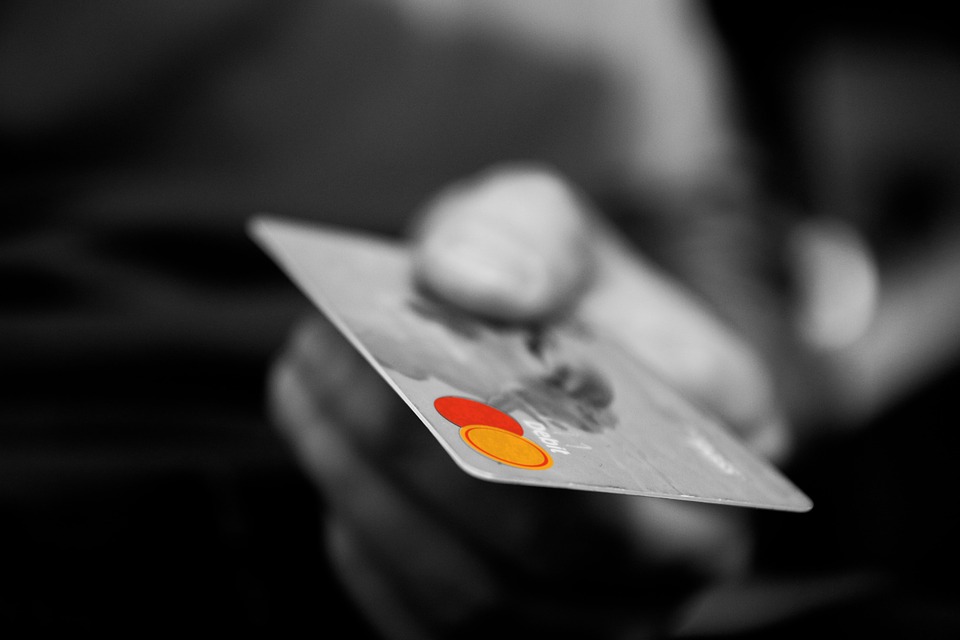
Your credit health matters. It matters if you want to buy a house, buy a car, or start a business and you’re looking for some funding. It also matters if you’re looking for a job or you’re trying to rent a home. In these cases, people can see your credit report and, if they don’t like what they see, they’re entirely entitled to use it as a basis to judge you as unreliable. But handling credit well isn’t always as obvious as it might seem. There are a few surprising issues that can leave a lasting mark on it.
Paying off a loan
Let’s keep in mind that we’re not talking about paying off a debt as quick as possible. You should do that, it only helps your credit score. We’re talking about structured loans. And we’re not talking about paying them on time, either. The danger comes whenever you get a windfall of cash and you think it might be a good idea to get your loan all tidied up at once. But what creditors like to see, as http://finance.yahoo.com/news/ states, is someone who can manage loans to the letter of the agreement. Someone who can reliably pay money to an agreed term. It might seem counter-intuitive, but paying a loan off early is just as much of a breach of a loan agreement.
Going to court
If you’re going to court over a civil suit then you already have enough difficulty to contend with. Sometimes, getting a judgment on a dispute with a creditor or a collections agency is a good way to ensure you’re not being taken up for debt that shouldn’t be your responsibility. But if the judgment sides against, then as https://creditrepaircompanies.com/judgments/ says, it can result in more than a hefty fine your way. For seven years after the judgment, it will appear on any credit report and have a negative impact on your score as well.
Applying for a credit card or a loan
Again, we’re not talking about doing things successfully here. If you get a credit card or a loan, then it’s not going to have an impact on your credit. Not unless you fail to abide by the terms of the agreement. The danger comes in getting rejected from those claims. Every time your credit score or report is fetched by a creditor and you are denied, your score takes another hit. That’s why it pays to ensure you know what your score is and what your report is. Do some research on the requirements for getting a loan or credit card before you have banks or credit card companies checking it up for you. The result will be the same, but you won’t have consequences as damaging.
It’s a good idea to keep brushing up on the difference sources of credit issue. The only thing worse than bad credit because you mishandled money is bad credit that’s entirely unexpected. It pays to check your score and report often. Don’t forget that scores are often impacted by erroneous records you can easily correct, as well.
